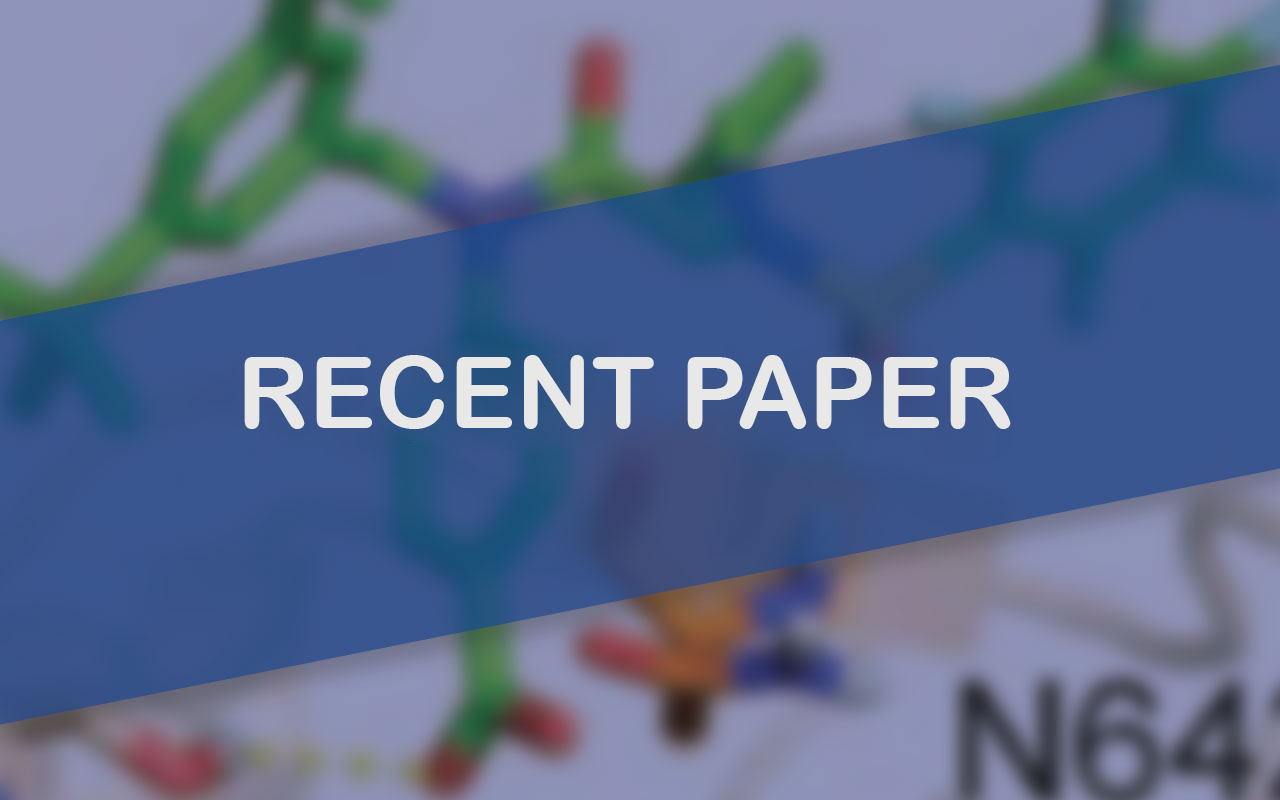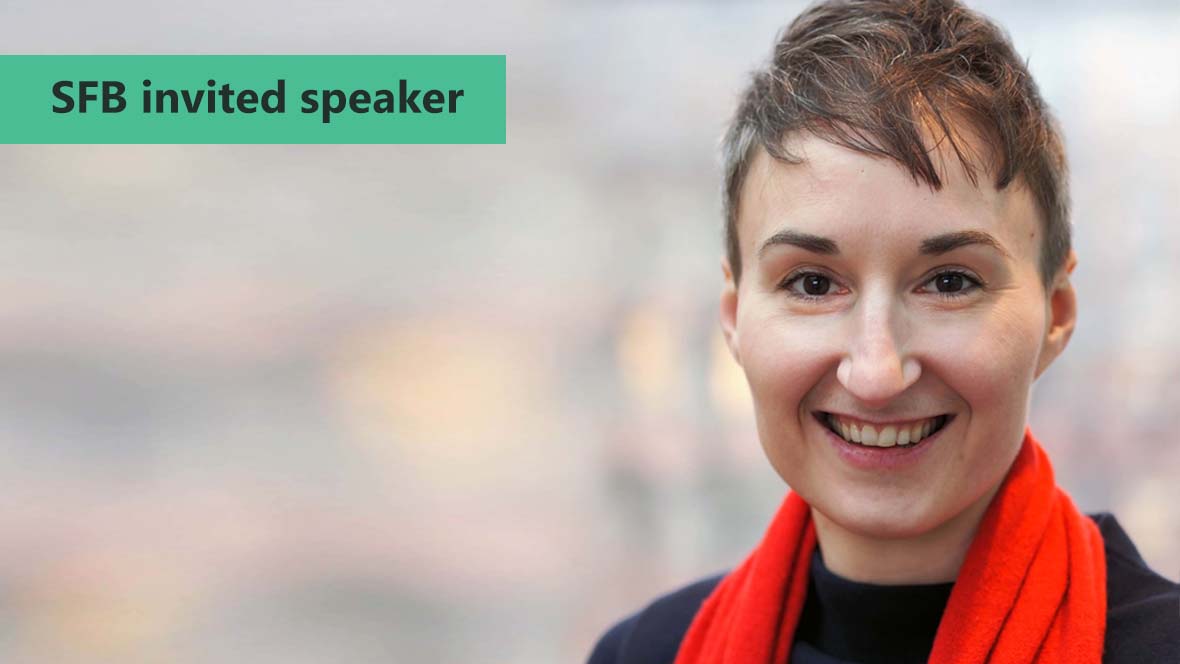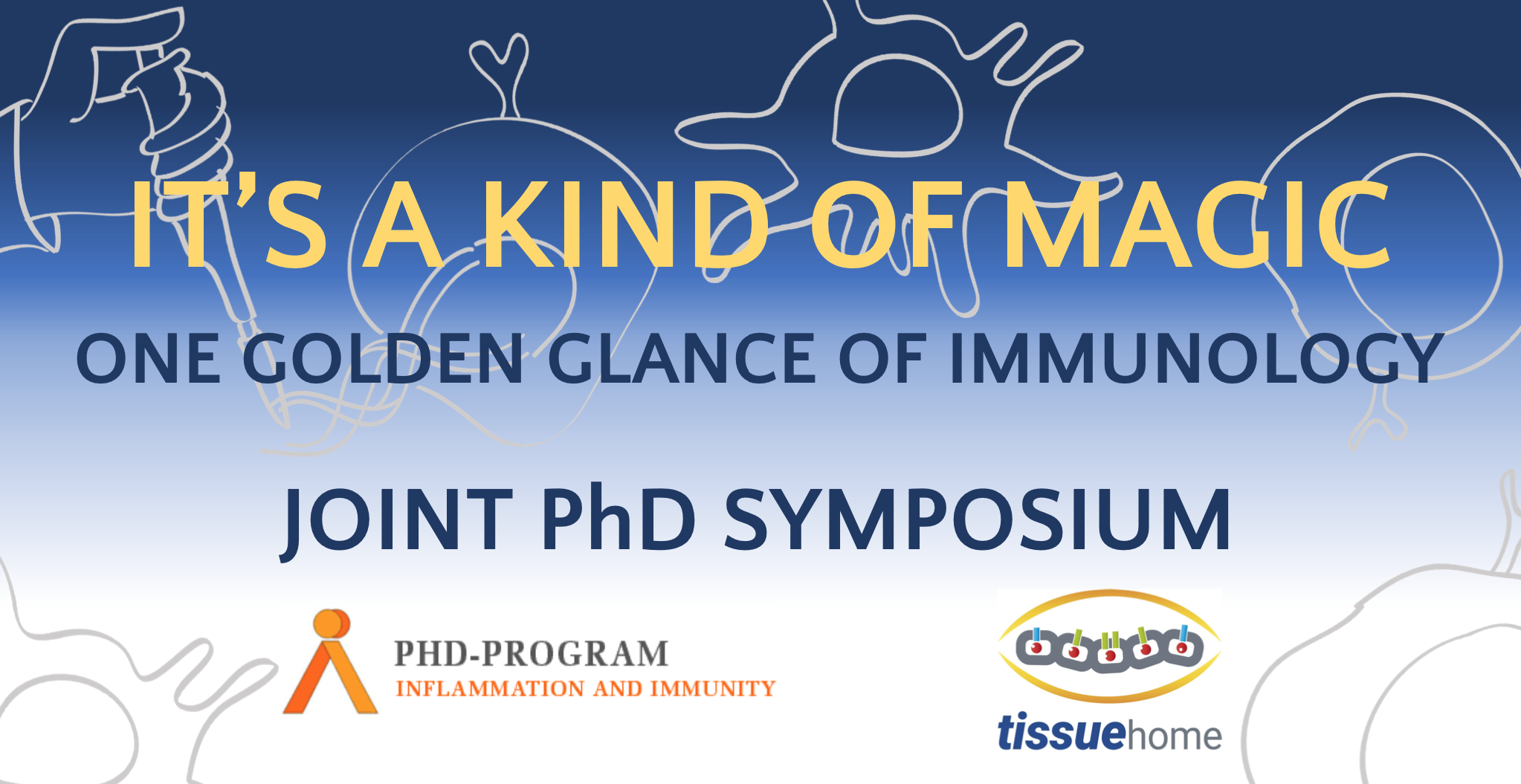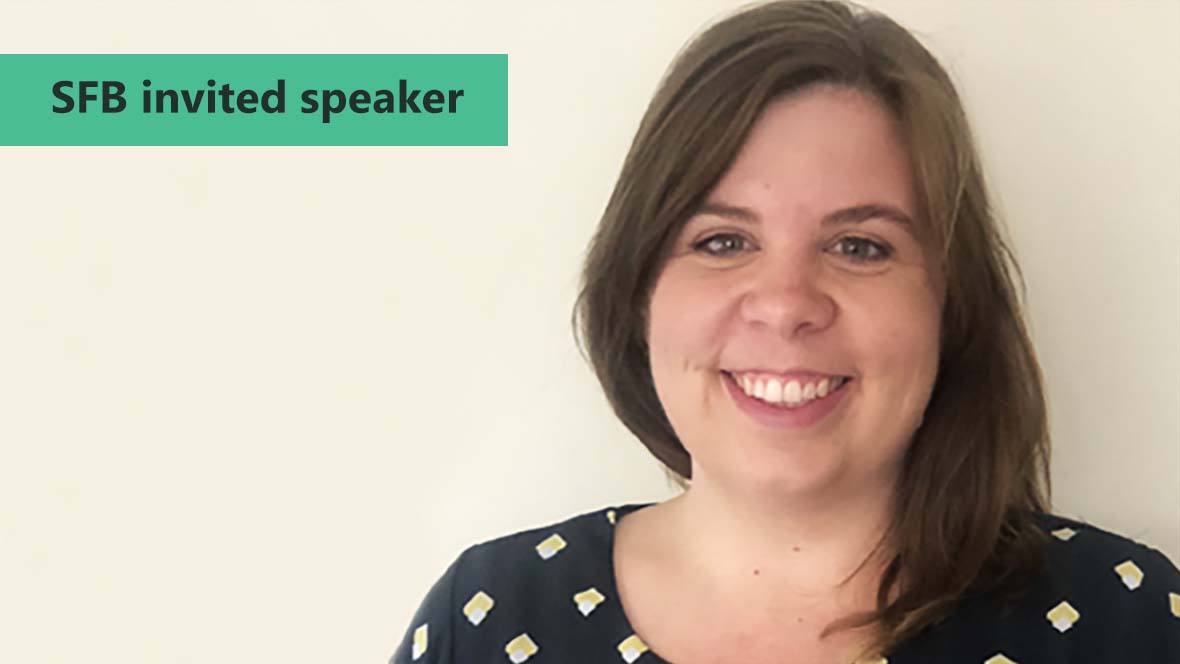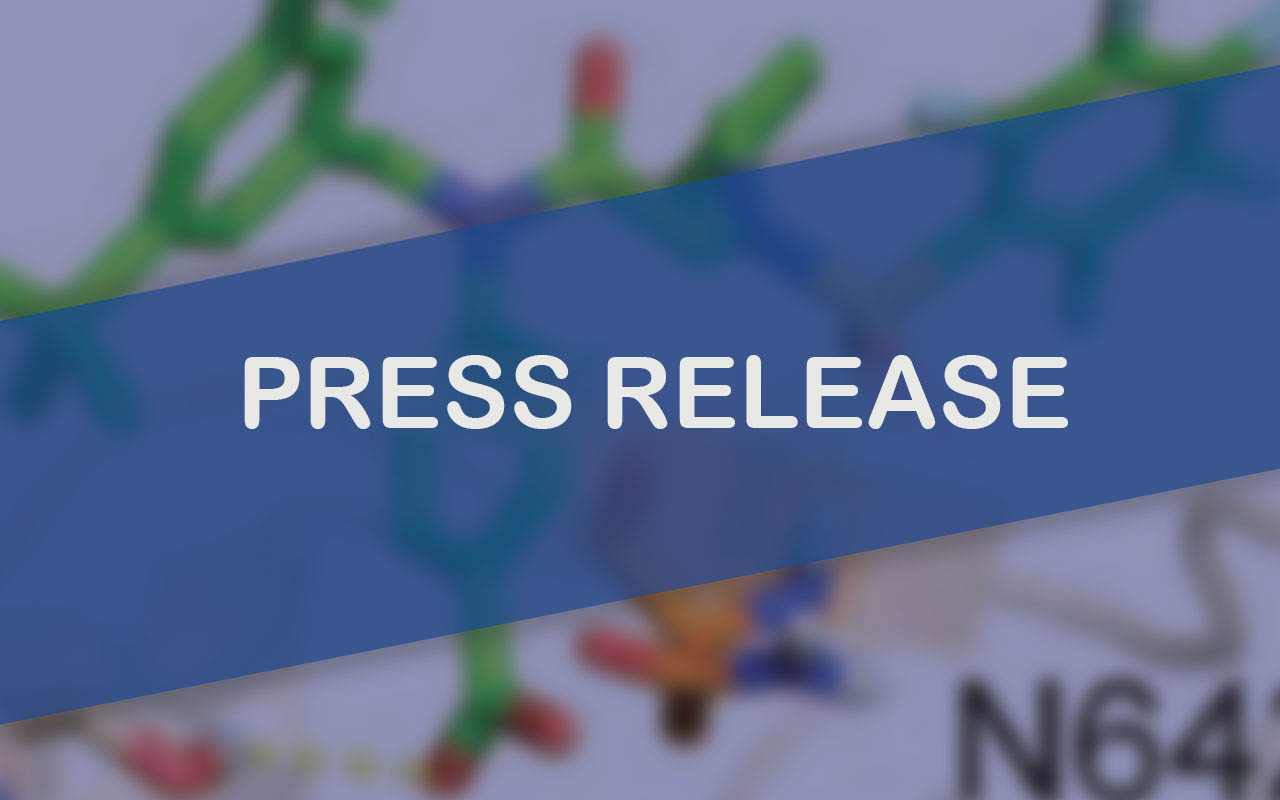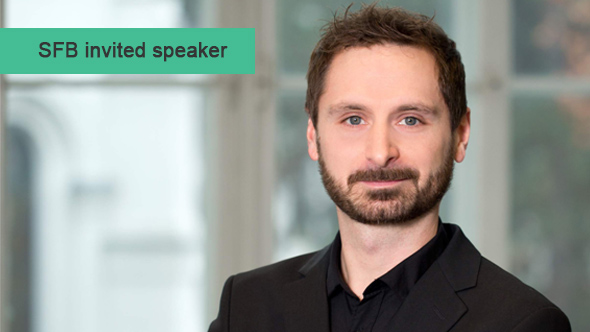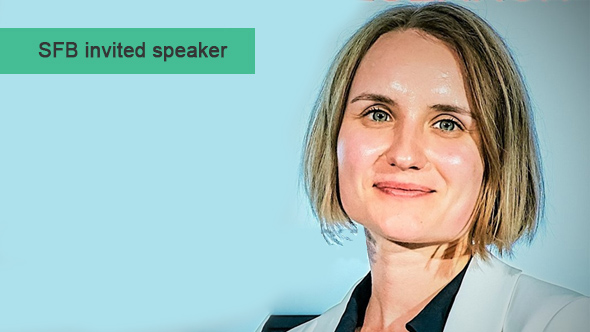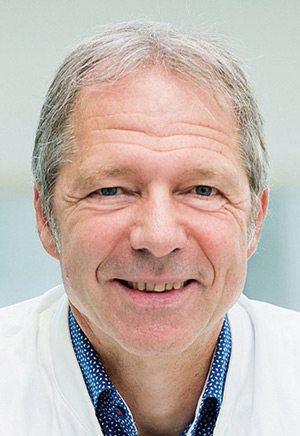Our work builds on a previously published paper (https://doi.org/10.1038/leu.2016.277) describing germ-line TYK2 gain-of-function (GOF) mutations identified in childhood leukemia. In close collaboration with the Dutch pediatric oncologists we studied the oncogenic and druggable properties of the two activating mutations of this JAK family member tyrosine kinase. We demonstrate the transformation capacity of the potent TYK2P760L mutation in various hematopoietic cell systems and its tumorigenic potential upon transplantation into mouse models. The highly selective TYK2 inhibitor deucravacitinib blocked GOF TYK2 activity. A screen for kinase pathways co-operating with oncogenic TYK2 identified the PI3K/AKT/mTOR and CDK4/6 pathways as top hits. Combinatorial treatment of the TYK2inib with blockers of these pathways turned out to be more efficacious than single treatments and could be successfully translated to PDX cells derived from the TYK2P760L mutation carrying patient. The original work with contributions from the SFB members Birgit Strobl, Veronika Sexl, Richard Moriggl and Mathias Müller establishes novel treatment options for acute leukemia in patients harboring GOF TYK2 mutations and has not been submitted to publication elsewhere.
Published in Haematologica
Katharina Wöss, Sabine Macho-Maschler, Dorette S. Van Ingen Schenau, Miriam Butler, Caroline Lassnig, Daniel Valcanover, Andrea Poelzl, Katrin Meissl, Barbara Maurer, Tania Brandstoetter, Claus Vogl, Anna Koren, Stefan Kubicek, Anna Orlova, Richard Moriggl, Birgit Strobl, Veronika Sexl, Frank N Van Leeuwen, Roland P Kuiper, Mathias Müller
Oncogenic TYK2P760L kinase is effectively targeted by combinatorial TYK2, mTOR and CDK4/6 kinase blockade
